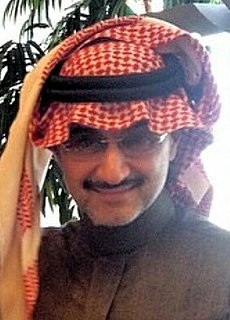A Quote by Jamal Khashoggi
There is nothing remarkable about having media and foreign embassy contacts. When I lived in Saudi Arabia as a journalist, this was a regular occurrence.
Related Quotes
I move countries every three or four years. I was born in London, and we lived in Canada. Then we lived in Saudi Arabia until the Gulf War broke out, when we were forced to leave. Then we hop-scotched for a while from Holland back to Canada back to Saudi Arabia. Then there was D-day, so we had to get out again.
A decade ago, I lived in Saudi Arabia, in Riyadh, as the treasury attache to our embassy there, and I was, of course, on the ground in the Middle East whenever the Arab Spring started, and it's fast-forward a decade later, nine years later. It's hard to believe that I am still working on this issue. You know, here in the State Department.
I often get attacked in Saudi Arabia, but the critics don't ridicule my ideas. There were about 30 or 40 articles attacking me in the Saudi press. Not a single one debated something I wrote. They just ridiculed me as a person. They see me as a traitor who is writing in the foreign press. But discuss what I am writing? They will not.
If you ask a Saudi Imam why women in Saudi Arabia can't drive, he'll say, 'Because Islam demands it.' But that's absurd, because - first of all - Islam demands no such thing; and secondly, the only country in the world in which women can't drive is Saudi Arabia. The inability to understand the difference between a cultural practice and religious belief is shocking among self-described intellectuals.
































